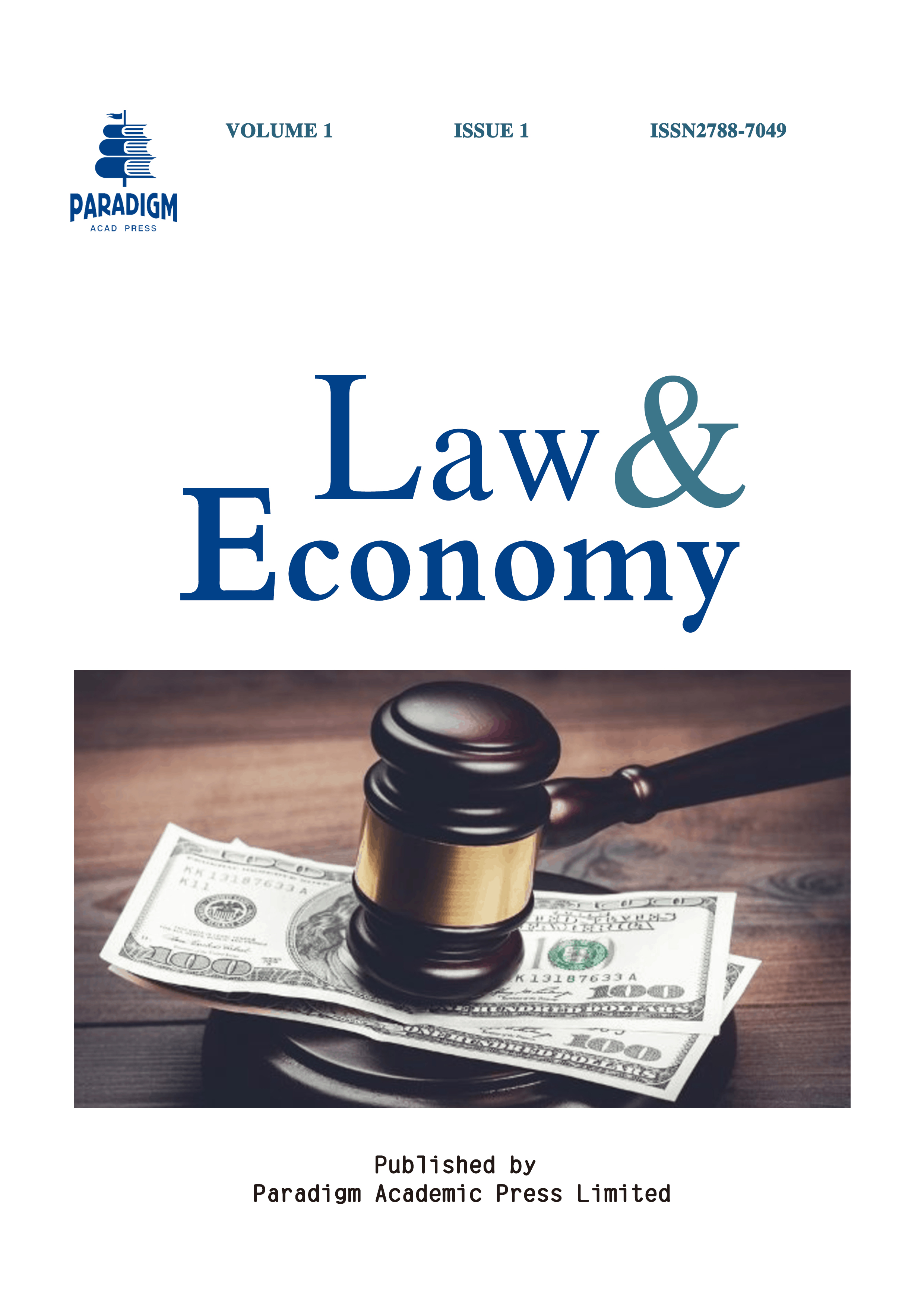An Appraisal of the Concept and Nature of Diplomatic Immunity Under International Law
DOI:
https://doi.org/10.63593/LE.2788-7049.2025.10.002Keywords:
appraisal, concept, nature, diplomatic immunity and international lawAbstract
This article focuses on the concept and juridical contours of diplomatic immunity as enshrined within the corpus of international law. It interrogates the doctrinal underpinnings, normative justifications, and evolving interpretive paradigms governing the immunities and privileges accorded to diplomatic agents, particularly within the framework of the 1961 Vienna Convention on Diplomatic Relations. Rooted in the principles of functional necessity and sovereign equality, diplomatic immunity is here appraised not merely as a pragmatic tool of diplomatic intercourse, but as a sui generis manifestation of international legal personality and intersubjective state comity. The paper analytically deconstructs the bifurcation between ratione personae and ratione materiae immunities, while critically evaluating the tension between the inviolability of diplomatic personnel and the imperatives of host state jurisdiction, accountability, and human rights obligations. Furthermore, the article explores emergent state practices and judicial pronouncements that challenge or reinforce the orthodoxy of absolute immunity, thereby revealing the dialectical nexus between customary international law, treaty law, and the shifting matrix of geopolitical realities. The inquiry contends that while diplomatic immunity remains an indispensable tenet of international diplomatic relations, its contours demand recalibration to reconcile the foundational objective of sovereign representation with the imperatives of justice, legal certainty, and international accountability.


